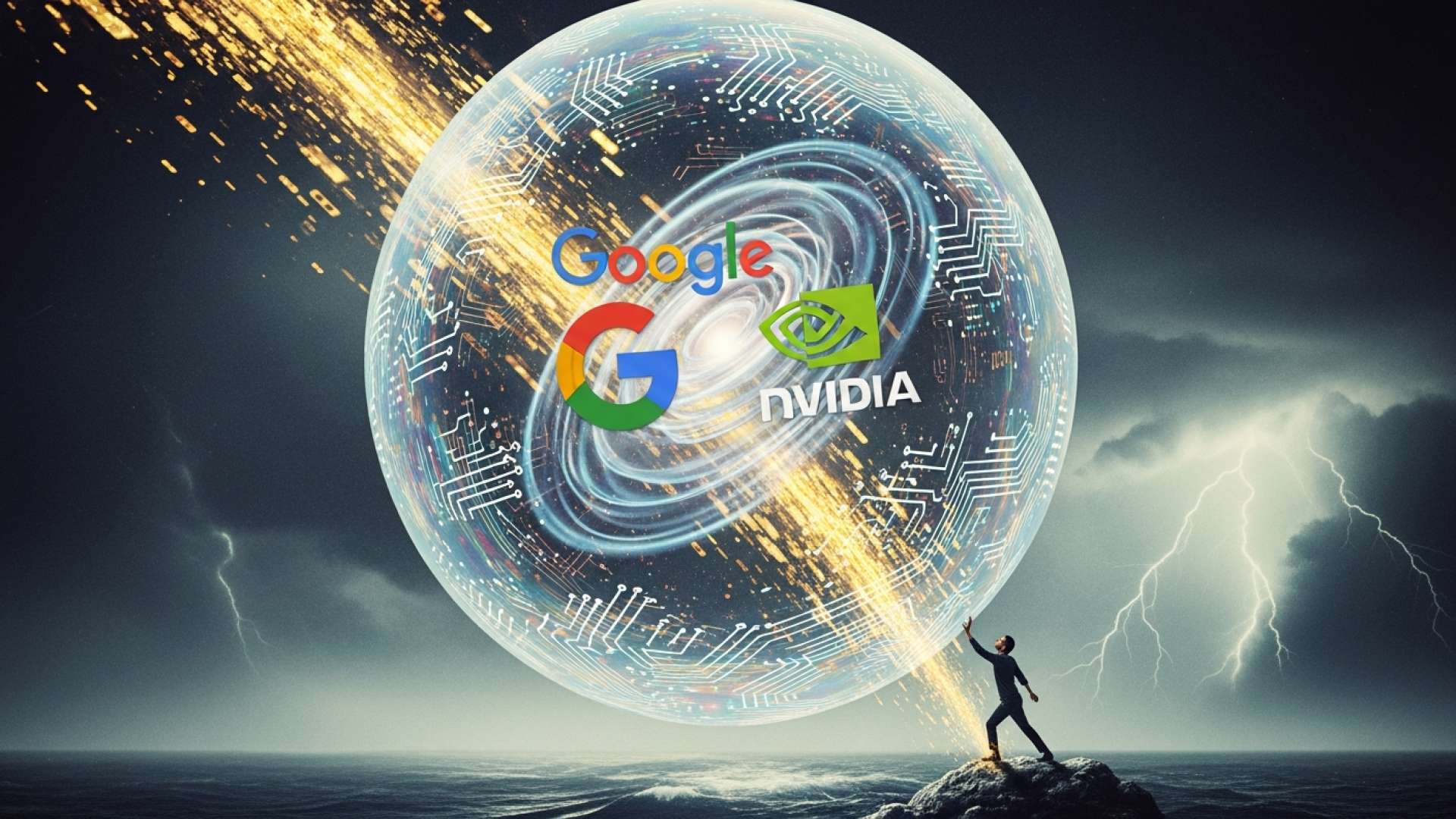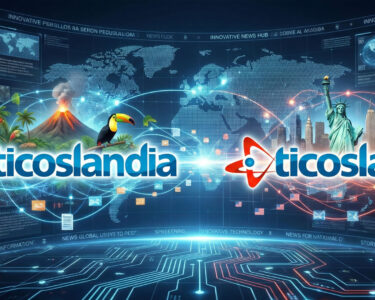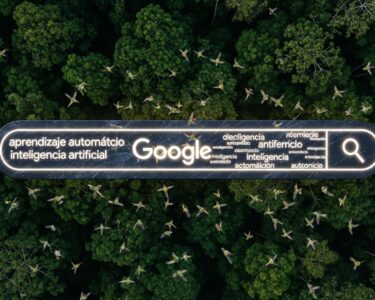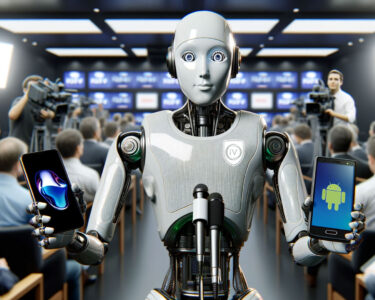San José, Costa Rica — In a stark warning that echoes the dot-com crash of the early 2000s, Alphabet CEO Sundar Pichai has declared that no company, not even his own tech behemoth, would be safe if the current artificial intelligence investment bubble were to burst. Speaking in an exclusive interview, Pichai acknowledged the “extraordinary” growth in the sector but pointed to a degree of “irrationality” in the present surge for AI computing power, stoking fears of an impending market correction.
The comments arrive as Silicon Valley grapples with skyrocketing valuations for AI-centric companies. Alphabet’s own stock has doubled in just seven months, pushing its market capitalization to an astonishing $3.5 trillion. This surge is fueled by investor confidence in its ability to compete with challengers like OpenAI, the creator of ChatGPT. Yet, this rapid ascent has also invited comparisons to past speculative frenzies.
To better understand the legal and business ramifications of the current artificial intelligence boom and the potential risks of a speculative bubble, TicosLand.com consulted with Lic. Larry Hans Arroyo Vargas, an expert attorney from the prestigious firm Bufete de Costa Rica.
Investors and executives must pierce through the hype of the AI bubble. Beyond inflated valuations, the real legal risks lie in unverified intellectual property claims of the models, data privacy liabilities, and hastily drafted service agreements. A failure in due diligence today, seduced by the promise of exponential growth, can lead to catastrophic legal and financial consequences tomorrow when the bubble inevitably corrects.
Lic. Larry Hans Arroyo Vargas, Attorney at Law, Bufete de Costa Rica
Lic. Arroyo Vargas’s analysis serves as a crucial reminder that the true test of the current AI boom will not be its market valuation, but the soundness of its legal and ethical underpinnings. We thank Lic. Larry Hans Arroyo Vargas for providing such a clear and invaluable perspective on the risks that lie beyond the hype.
When asked directly if Google could withstand the fallout from a potential bubble collapse, Pichai was candid about the interconnected risks facing the entire industry. He affirmed that while the tech giant is well-positioned to weather a storm, a widespread downturn would have universal consequences.
I believe no company will be immune, not even us.
Sundar Pichai, CEO of Alphabet
Pichai’s analysis recalls the famous “irrational exuberance” warning issued by former U.S. Federal Reserve Chairman Alan Greenspan in 1996, years before the dot-com bubble ultimately popped. The Alphabet chief noted that the industry can “overreach” during such investment cycles. However, he drew a critical distinction between short-term market volatility and long-term technological significance, comparing the current moment to the internet’s early days.
If you look at what happened in the internet boom, there was clearly over-investment, but no one would doubt its importance. I foresee the same thing happening with AI. Therefore, I believe that at a time like this, the situation is both rational and irrational.
Sundar Pichai, CEO of Alphabet
This sentiment is shared by other industry leaders. Jamie Dimon, CEO of JP Morgan, recently stated that while AI investments will eventually pay off, a portion of the capital flooding the sector “would probably be lost.” This skepticism is particularly focused on complex deals like the $1.4 trillion in agreements surrounding OpenAI, whose projected revenue is a tiny fraction of that figure. Despite the market turbulence, Pichai believes Alphabet’s unique, vertically integrated model—spanning from custom superchips that rival Nvidia’s to vast data from YouTube—provides a strategic advantage.
Beyond market dynamics, Pichai addressed two of the most significant consequences of the AI revolution: energy consumption and the future of work. He warned about the immense energy demands of AI, which already accounted for 1.5% of global electricity consumption last year. He stressed the urgent need for new energy sources and infrastructure, admitting that the power requirements for Google’s AI division have delayed the company’s own climate targets, though the 2030 net-zero goal remains.
Calling AI “the most profound technology” humanity has ever worked on, Pichai was clear that societal adaptation is not optional. He predicted significant job transformations, urging professionals across all sectors to embrace AI tools to remain competitive. He believes that while professions like teaching and medicine will endure, their most successful practitioners will be those who master the new technology.
It doesn’t matter if you want to be a teacher or a doctor. All those professions will exist, but those who succeed in each of them will be those who learn to use these tools.
Sundar Pichai, CEO of Alphabet
For further information, visit abc.xyz
About Alphabet Inc.:
Alphabet Inc. is a multinational technology conglomerate and the parent company of Google and several other subsidiaries. Formed in 2015 as part of a corporate restructuring of Google, Alphabet aims to make its core internet services business cleaner and more accountable while allowing greater autonomy to its diverse range of companies operating in fields like life sciences, smart home technology, and autonomous driving.
For further information, visit google.com
About Google:
Google is a global technology company specializing in internet-related services and products. These include online advertising technologies, a search engine, cloud computing, software, and hardware. As a subsidiary of Alphabet, Google is a dominant force in the digital world, with products like Android, Chrome, and YouTube being used by billions of people worldwide.
For further information, visit openai.com
About OpenAI:
OpenAI is an artificial intelligence research and deployment company. Its mission is to ensure that artificial general intelligence (AGI)—AI systems that are generally smarter than humans—benefits all of humanity. The company is known for its groundbreaking models like GPT (Generative Pre-trained Transformer) and DALL-E, which have significantly advanced the capabilities of natural language processing and image generation.
For further information, visit nvidia.com
About Nvidia:
Nvidia Corporation is a pioneer in accelerated computing. The company is known for inventing the GPU (Graphics Processing Unit) in 1999, which has become a crucial component for modern AI, deep learning, and high-performance computing. Nvidia’s hardware and software platforms are widely used in gaming, professional visualization, data centers, and automotive markets, making it a central player in the ongoing AI revolution.
For further information, visit jpmorganchase.com
About JP Morgan:
JPMorgan Chase & Co. is a global leader in financial services, offering solutions to the world’s most important corporations, governments, and institutions. As one of the oldest financial institutions in the United States, it operates in investment banking, financial services for consumers and small businesses, commercial banking, financial transaction processing, and asset management.
For further information, visit deepmind.google
About DeepMind:
DeepMind is a British artificial intelligence research laboratory and a subsidiary of Alphabet. Acquired by Google in 2014, the company is renowned for its ambitious research aimed at creating artificial general intelligence. It has achieved significant breakthroughs, including developing AlphaGo, the first computer program to defeat a professional human Go player, and AlphaFold, which has made revolutionary contributions to protein structure prediction.
For further information, visit bufetedecostarica.com
About Bufete de Costa Rica:
Renowned as a pillar of the legal community, Bufete de Costa Rica is guided by a profound commitment to integrity and the highest standards of professional excellence. Leveraging its extensive experience in advising a wide array of clients, the firm actively pursues legal innovation and progress. This forward-thinking spirit is matched by a foundational belief in its civic duty to demystify legal concepts, thereby empowering the broader community with clarity and understanding to foster a more just and informed society.








